Mar 03, 2022 · Meritor (NYSE:MTOR) entered into a collaboration agreement with ConMet eMobility, in which MTOR will develop purpose-built trailer suspensions and brakes, as well as tire inflation systems to work

Mar 03, 2022 · Meritor (NYSE:MTOR) entered into a collaboration agreement with ConMet eMobility, in which MTOR will develop purpose-built trailer suspensions and brakes, as well as tire inflation systems to work
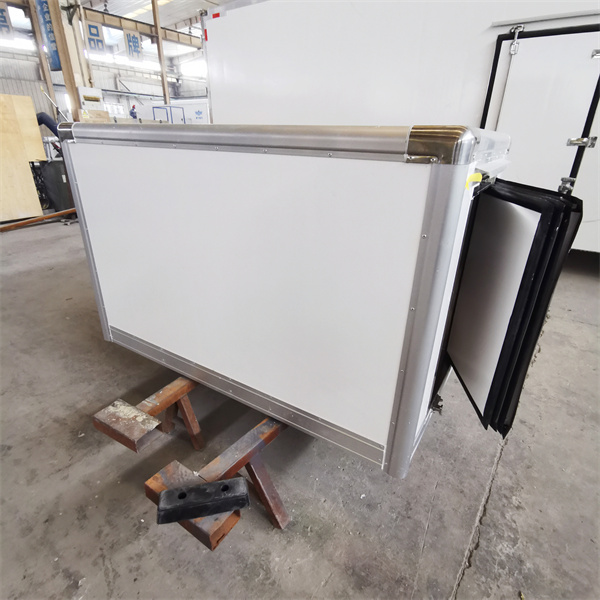
Feb 05, 2021 · In May 2020, PLM signed an agreement with AEM and started sales activities in the U.S. market. PLM has since signed agreements with major customers and began delivery of zero-emission refrigerated trailers in 2020. Interest and demand for the zero-emission technology is steadily increasing as the technology continues to prove itself as a viable
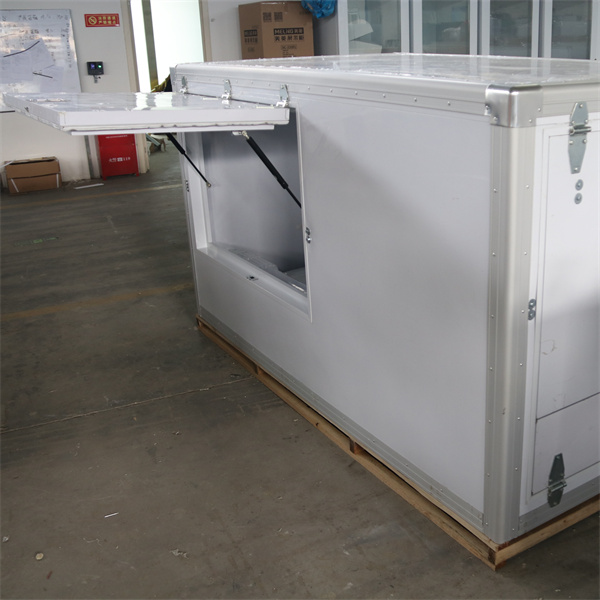
Jun 18, 2021 · Electric lightweight vans and special use vehicle platform. Deliver a flexible, configurable and scalable zero emission electric vehicle platform designed for commercial, last mile and specialist

Mar 03, 2022 · This innovative system will enable production of zero-emissions refrigerated trailers. To deliver this electrified trailer solution, Meritor is
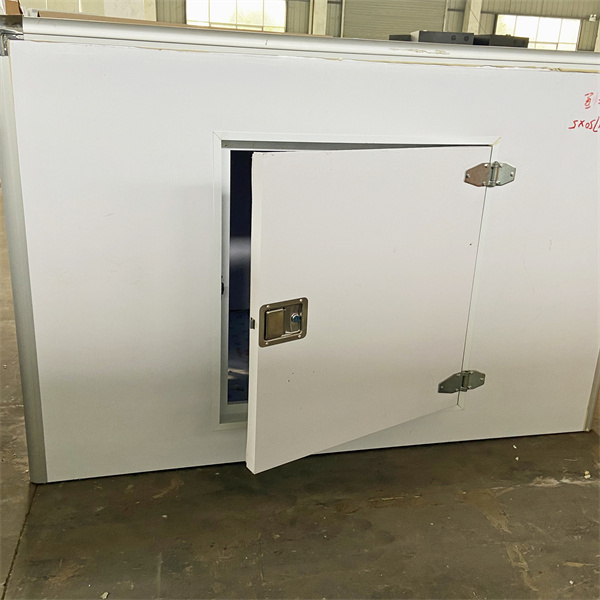
Oct 28, 2021 · Lightning eMotors, (NYSE: ZEV) has been providing specialized and sustainable fleet solutions since 2009, deploying complete zero-emission-vehicle (ZEV) solutions for commercial fleets since 2018
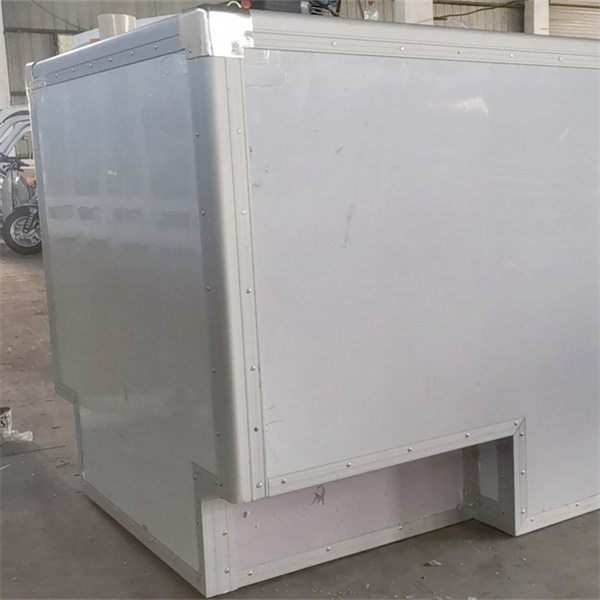
Sep 26, 2018 · An SLXi trailer refrigeration unit. (King Clima) The company also has introduced new 24-volt KingclimaLite solar panel charge controller, available in both 40-watt and 110-watt options. Previously
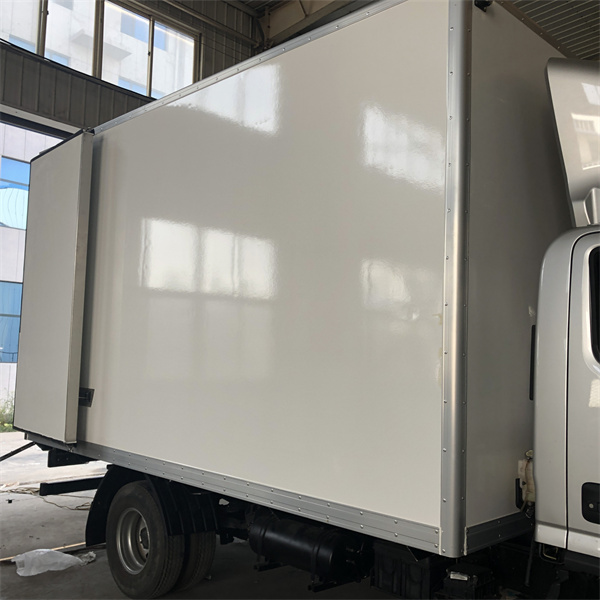
- We are trialling the first electric truck early next year which has zero emissions. - We are introducing Compress Natural Gas (CNG) into 2 of our depots servicing approximately 120 of our stores. - We are trialling the use of solar panels to power refrigeration on our chilled trucks this year. - We use low friction tyres on all of our HGV's.
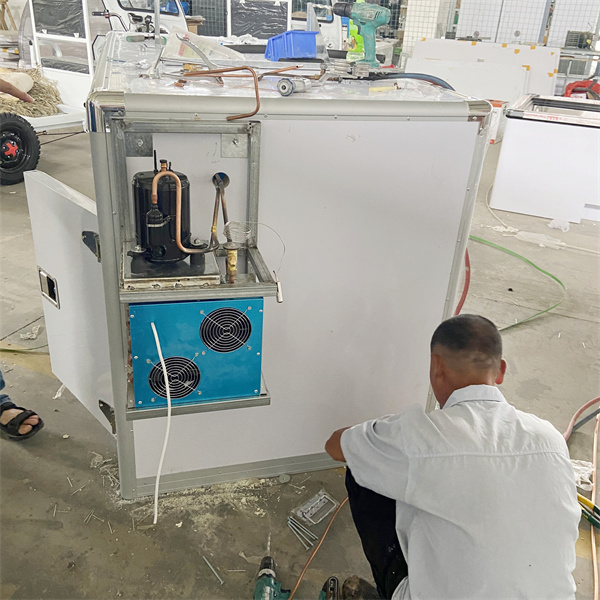
The new targets require CO 2 emissions reductions of 55% for cars and 50% for vans by 2030, and 100% for both by 2035. Given that it effectively mandates that all vehicles sold be zero-emissions by 2035, the target will accelerate the transition to
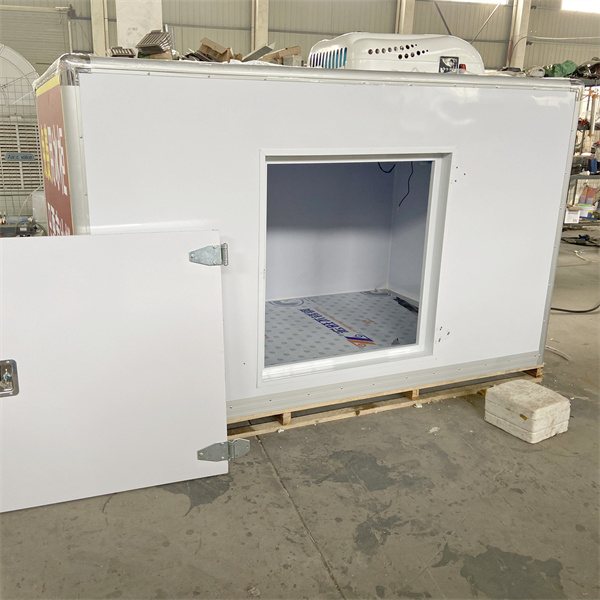
Jan 26, 2022 · The alliance also advances KINGCLIMA's broader zero-emission transport refrigeration solutions, with the availability of electric options for trailer, truck, and light commercial vehicle customers

By 2035, zero-emission truck/chassis sales must be 55% of class 2b to class 3 truck sales, 75% of class 4 to class 8 straight truck sales, and 40% of truck tractor sales; Proposed Zero-Emission Transport Refrigeration Unit (TRU) Regulation Proposed regulation with the goal of transitioning truck TRUs to zero-emission
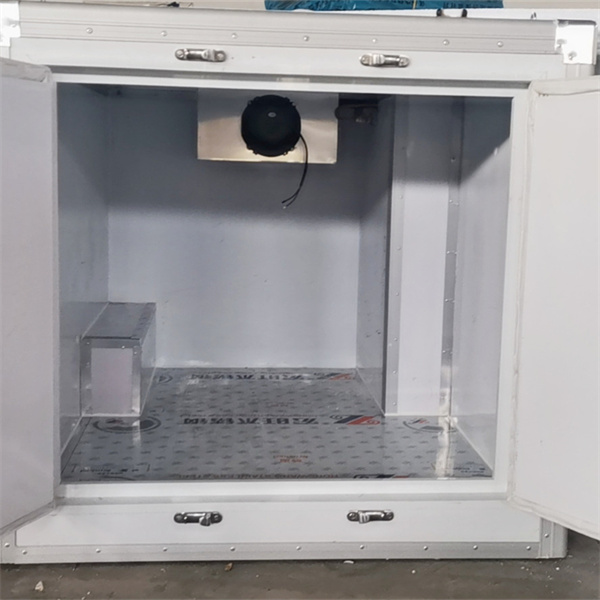
Sep 10, 2021 · KINGCLIMA Kingclima unveiled plans for Supra zero-emission truck refrigeration technology, due for release by 2023. According to KINGCLIMA Kingclima, the engineless Supra technology will be applied to battery electric vehicles (BEVs) or to run autonomously with conventional engine-driven trucks. It is particularly targeted toward fleets in California that must
.jpg)
Jan 27, 2022 · KINGCLIMA is further expanding its electrification capabilities through a new alliance with ConMet, adding trailer wheel-based power generation that captures energy that otherwise would be wasted during braking events.The alliance also advances KINGCLIMA’s broader zero-emission transport refrigeration solutions, with the availability of electric options for trailer,

Mar 14, 2022 · Meritor, ConMet to work together on zero-emissions reefer trailer systems March 14, 2022 New collaboration to include development of purpose-built trailer suspensions and brakes, and tire
.jpg)
1 天前 · Every fleet decision matters. March 16, 2022. Any moves the trucking industry can make to make diesel cleaner and to advance alternative fuels for commercial vehicles is
.jpg)
Background California needs to reduce public health risk from Transport Refrigeration Units (TRU) near distribution centers and other facilities where TRUs and TRU generator sets congregate; as well as achieve emission reductions while in transit, especially near the most impacted communities. Improving freight efficiency and transitioning to zero- or near-zero